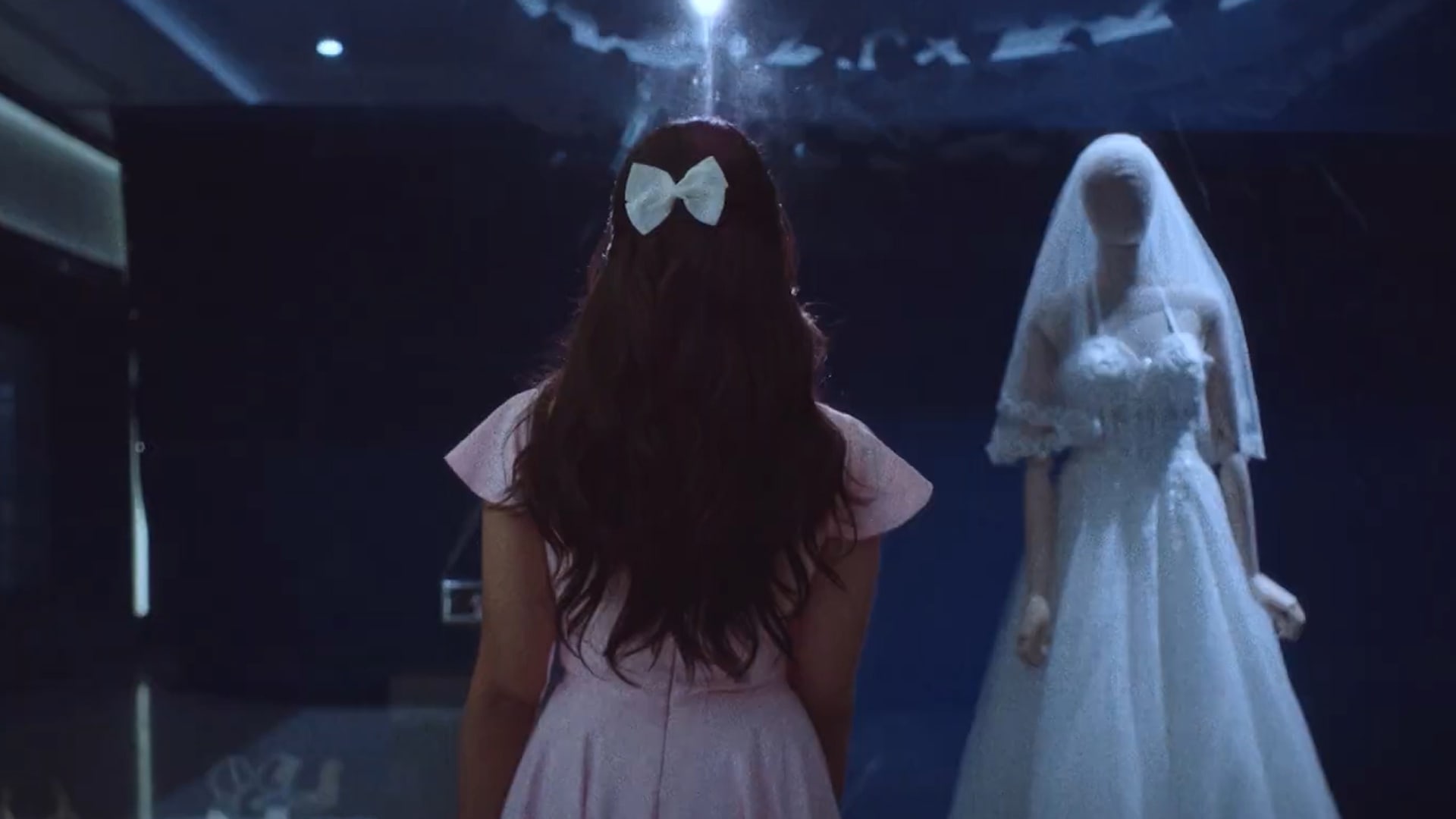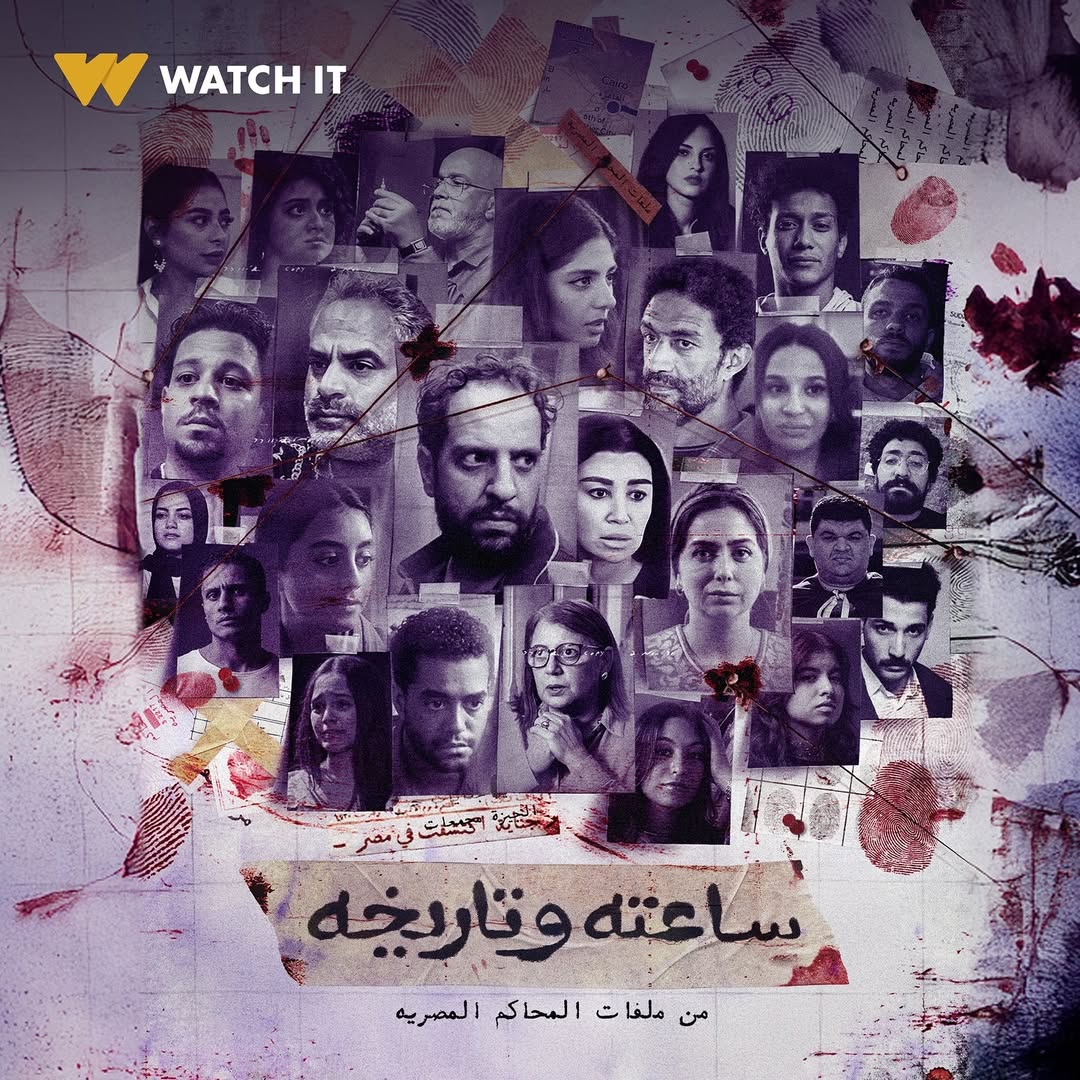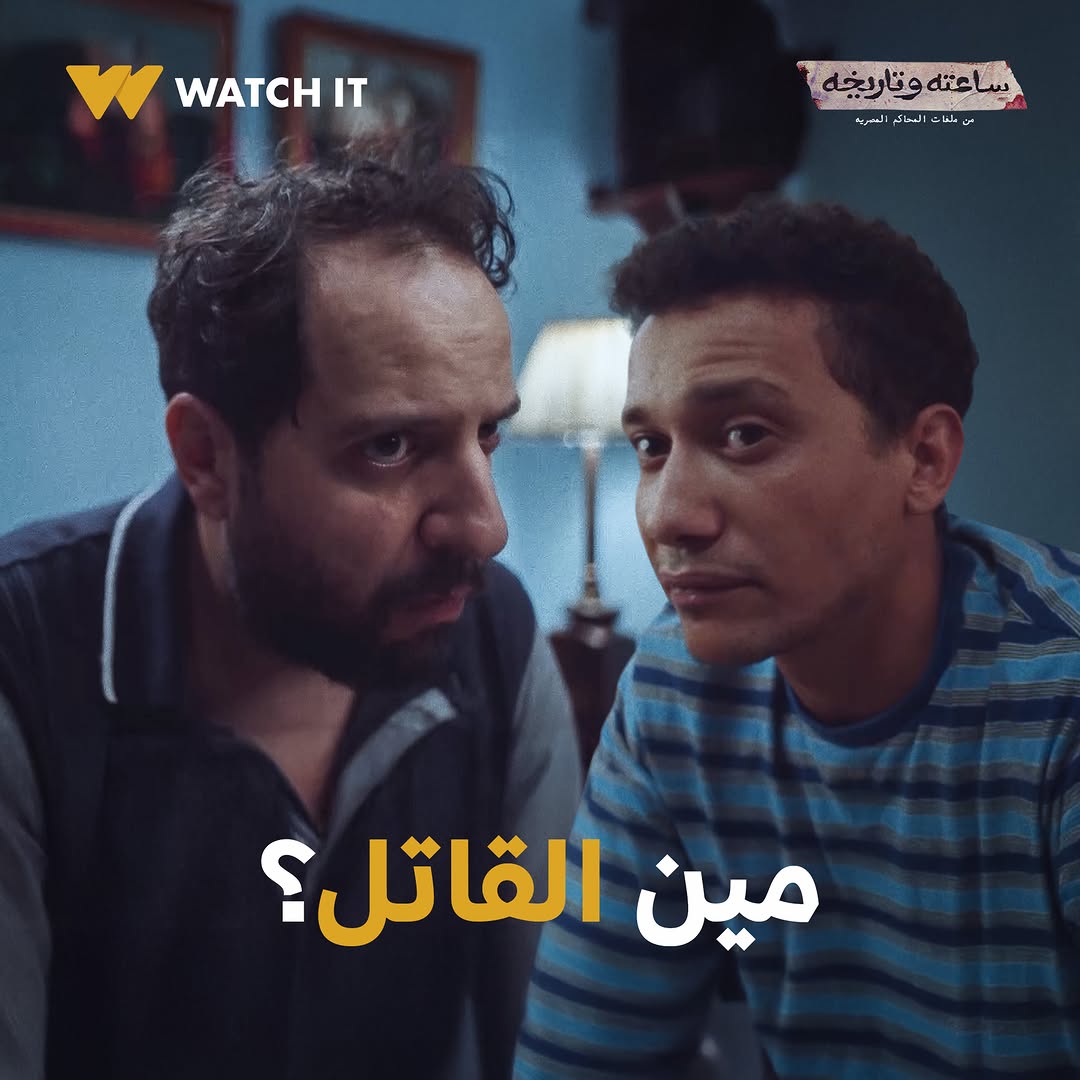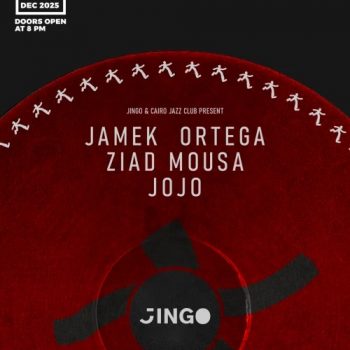The newly released drama Sa3ato W Tareekho has made an explosive debut, sparking nationwide conversations. Directed by Amr Salama, the series brings real-life court cases into a dramatic lens, combining storytelling with social awareness. Premiering on DMC channels and Watch It, the show’s first episode addresses the pervasive issue of electronic blackmail.
Below, we break down its themes, performances, and the public’s reaction to this controversial yet gripping new series.
Raising Awareness

The first episode highlights the alarming rise of electronic blackmail in today’s digital age. With the spread of social media, many individuals find themselves at the mercy of predators who exploit their lack of awareness regarding online safety. This theme resonates deeply, especially in light of real-life tragedies such as the murder of Naira Ashraf, a university student whose case shocked the nation.
Through a gripping narrative, the episode portrays Nadia, played by Mayan El Sayed, a young woman navigating her studies and relationships, only to find herself the target of her obsessive classmate, Ahmed. The show uses Nadia’s fright to deliver crucial messages about recognising and combating online blackmail. It ends with an impactful touch, providing viewers with helpline numbers for organisations like the General Administration of Information Technology and Internet Crimes.
Emerging Talents & Established Stars

Sa3to W Tareekho stands out for its casting choices, introducing fresh faces from the Casting talent discovery programme alongside seasoned actors. The first episode features Mayan El Sayed as the episode’s lead star, whose performance as Nadia is both vulnerable and powerful.
Alongside her is Islam Khaled as the obsessive and dangerous Ahmed, who delivers a chilling portrayal. Then comes emerging actors Salma Abdel Karim, Amani Bahi, Michel Masak, and Mariam Karam, who add authenticity to the narrative and showcase raw talent.
Reimagining Reality

One of the most contentious aspects of the show is its direct parallels to the Naira Ashraf case, which remains a painful memory for her family and the public. Critics and viewers have noted how closely the fictional events mirror the real-life tragedy, prompting backlash from her family. Her sister, Shorouk, has publicly criticised the series for reopening old wounds without consulting the family, even threatening legal action against the creators.
As the series unfolds, whether it can maintain this delicate balance between storytelling and social responsibility remains to be seen. One thing that is certain is that Sa3to W Tareekho is unafraid to tackle tough conversations, making it a must-watch for anyone seeking drama with a conscience.






